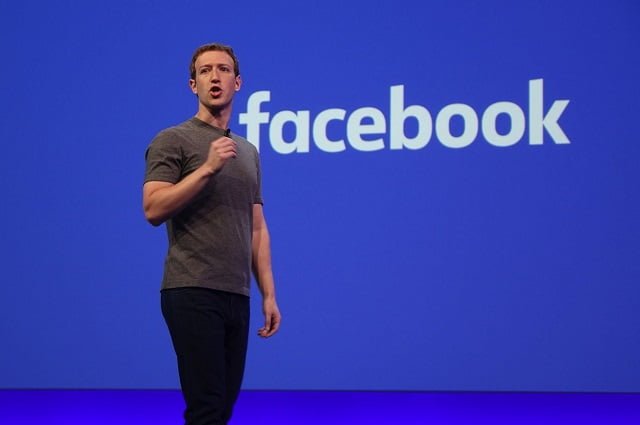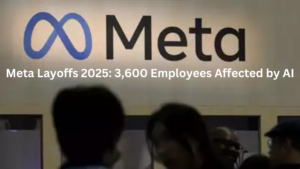
Even if you delete Facebook accounts, after the personal data of millions of users fell in the hands of a political consultancy, it is still likely to be monitored by Facebook, which tracks nearly 30% of global website traffic.

Google also in various forms, shadows 64% of all web browsing worldwide according to a study of 200,000 German users by Cliqz. A larger study of web trackers by researchers at Princeton University in 2016 produced similar results, with Google Analytics and other Google trackers taking the top five places, followed by Facebook.
Cliqz, owned by German publisher Hubert Burda Media and backed by Mozilla, creator of Firefox browser, is one of the several startups promising to protect personal data.
Cliqz, CEO Marc Al-Hames told Reuters that Cliqz prevents companies like Facebook and google on spying on users.
From private browsers like Cliqz to anti-trackers and ad blockers, such firms seek to shield users from intrusion on their privacy.
Cliq’z Mr. Al-Hames stated that the Facebook leak showed that data should never be collected. This was a cause of outrage, but not of surprise. Everybody who has data will eventually lose data, he said.
There is an icon developed by Cliqz which shows how many private data points trackers are trying to access when you visit a website.
The Icon has an anti-tracking feature which substitutes private data with random information to throw them off the user’s trail, while there is also an anti-phishing feature to stop and resist data theft.
These findings and developments are coming at a time when social media and internet users worldwide are having strong apprehensions about their data online. The need of the hour is to stop these websites from hacking data and indulging in data theft, by introducing strong laws and stronger anti-theft softwares.







